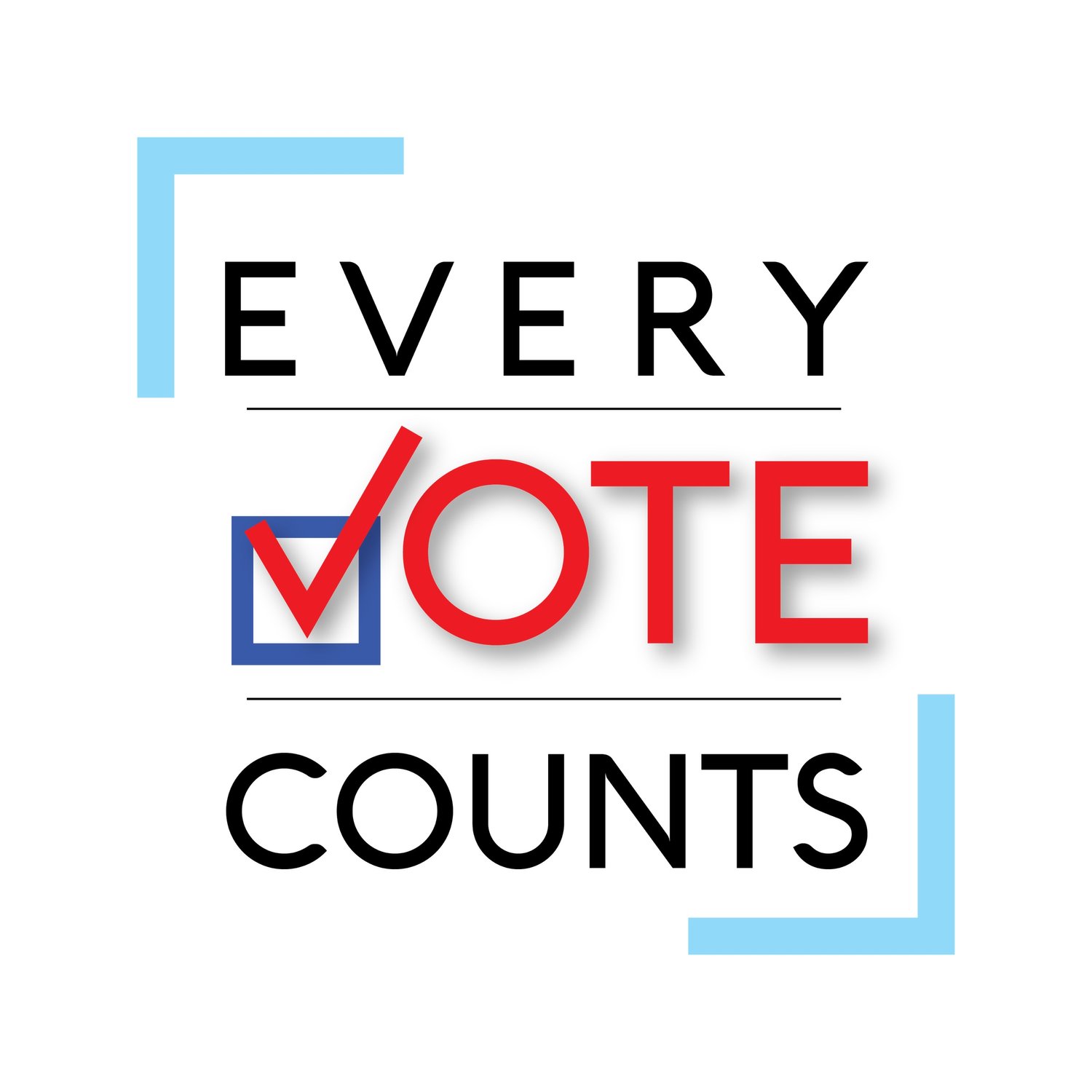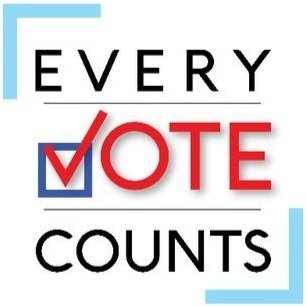Apathetic Or Failed By Civic Education?
When young voters say they have no interest in politics, what they are really saying is that they have never had meaningful exposure to politics.
By Katherine Adelman
To simplify a very complex and long-winded argument: political apathy is not so much of a personal choice as it is a systematic failing on behalf of the American education system.
When I began to seriously look into politics, and subsequently, the effects of apathy on government inefficiency, I was 14 and dumbfounded by how many people were opting out of voting every election cycle. I was also angry. Not with the US government, but with citizens. I shamed my friends for saying they had “no interest in politics.” I thought them ignorant and ill informed. Some of this reaction was justified—I knew, and still know, many individuals with easy access to information regarding their rights and responsibilities as citizens who choose not to engage with the democratic system. (Specifically, I am thinking of the 47.6% of students at my college who did not vote in the 2016 election. We attend a private liberal arts college, which specializes in economics and public policy, and maintains a general education curriculum that, in many ways, affords students a privileged perspective on civic responsibility.)
With time, I have come to understand how the disillusionment many people feel towards politics comes from a place of miseducation on behalf of the curriculum not required in K-12 schools—robust civic education. The most amount of time any state requires civics be taught in the classroom is one year—a requirement upheld by only ten states. How can this be enough? The answer: it’s not. Many students are graduating high school without knowledge on how to vote, how to be good jurors, or how to engage in the democratic process. One group of students is currently suing the state of Rhode Island for not providing them with the tools to function as responsible citizens (read more here.)
Such education is important because civic engagement is not just a personal choice we make as citizens of a free nation—democracy depends on it to survive. Beyond this responsibility, it is a fact that the government, whether we love it or hate it, dictates almost every aspect of our lives. The food we eat, the products we purchase, and the way we plan to raise our children, depend on decisions made daily by our government.
This dependence on the system, involuntary and unavoidable, is why I believe the government owes us an education that is comprehensive enough to teach citizens about both their role and their responsibility as citizens. We must be taught why we should care about politics. Abraham Lincoln coined the phrase, “By the people, for the people.” Americans generally understand the second part: the government is certainly for the people. Much of the disillusionment with politics we see today occurs when people think their government does not work in their interest. What both citizens and our government often overlook is the first phrase, by the people. Citizens must be active in a democracy if it is ever going to work for them. But to be active, one must first be taught how to engage critically and meaningfully. Currently, there is no system in place to uphold such a standard.
This is why I have come to believe that when a person says they have no interest in politics, what they are really saying is that they have never had meaningful exposure to politics, even if they don’t understand the nuanced difference themselves.

